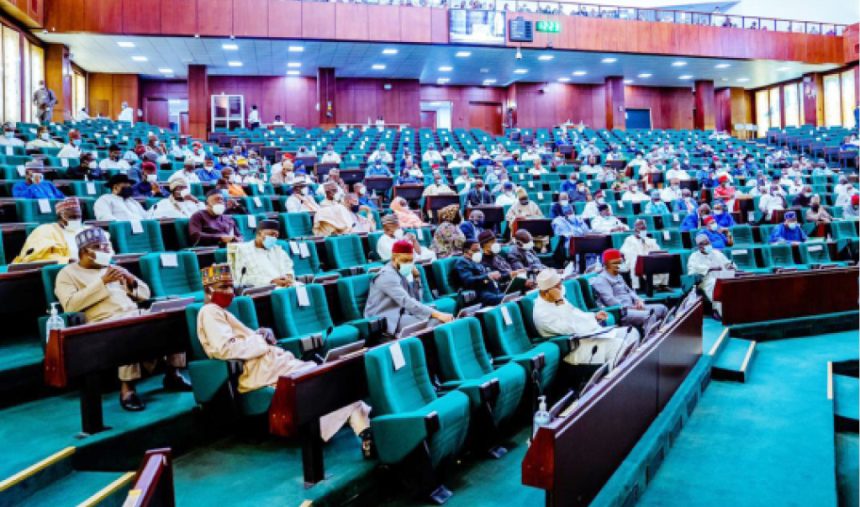The House of Representatives is set to resume debate today on the tax reform bills transmitted to the National Assembly by President Bola Ahmed Tinubu.
Legislative work on the bills had been suspended since November 30, 2024, following strong opposition from lawmakers, particularly from the North, who argued that certain provisions were detrimental to their region’s interests.
Northern Caucus Vows Close Scrutiny
Despite the recent endorsement of a revised version of the bills by the Nigeria Governors Forum (NGF), northern lawmakers have vowed to scrutinize the proposed legislation to ensure that no “toxic” provisions pass into law.
A lawmaker from the North West, who spoke on condition of anonymity, revealed that the Northern Caucus, including Speaker Abbas Tajudeen, held a meeting on Tuesday to strategize. The meeting was presided over by the Northern Caucus Chairman, Alhassan Ado Doguwa, and attended by zonal caucus leaders Ahmed Idris Wase (North Central), Mukhtar Betara (North East), and Sada Soli Jibia (North West).
“We will scrutinize every section of these bills from today’s debate through the public hearings and final passage to ensure that nothing harmful to our people is passed,” the lawmaker stated.

Key Modifications to the Bills
One of the major concerns that initially led to the suspension of debate was the proposed Value Added Tax (VAT) revenue-sharing formula. The original proposal allocated 60% of VAT revenue based on derivation, which would benefit states generating higher tax revenue, primarily in the South.
Following negotiations, the revised version of the bill now proposes:
- 30% of VAT revenue allocated based on derivation (down from 60%)
- 50% of VAT revenue shared equally among all states
- 20% of VAT revenue distributed based on population
This adjustment was seen as a compromise to address concerns from northern governors and lawmakers, who had previously rejected the 60% derivation-based allocation.
Background and Legislative Process
President Tinubu transmitted four tax reform bills to the National Assembly on September 3, 2024, following recommendations from the Taiwo Oyedele-led Presidential Committee on Fiscal Policy and Tax Reforms.
The bills include:
- Nigeria Tax Bill 2024 – Establishing a fiscal framework for taxation in Nigeria.
- Tax Administration Bill – Providing a clear legal framework for tax administration and reducing disputes.
- Nigeria Revenue Service Establishment Bill – Repealing the Federal Inland Revenue Service Act and creating the Nigeria Revenue Service.
- Joint Revenue Board Establishment Bill – Establishing a tax tribunal and a tax ombudsman.
Initially, debate on the bills was suspended in December to allow for broader consultations. However, following a consensus between the federal government and the NGF, the bills have been modified and reintroduced for consideration.



